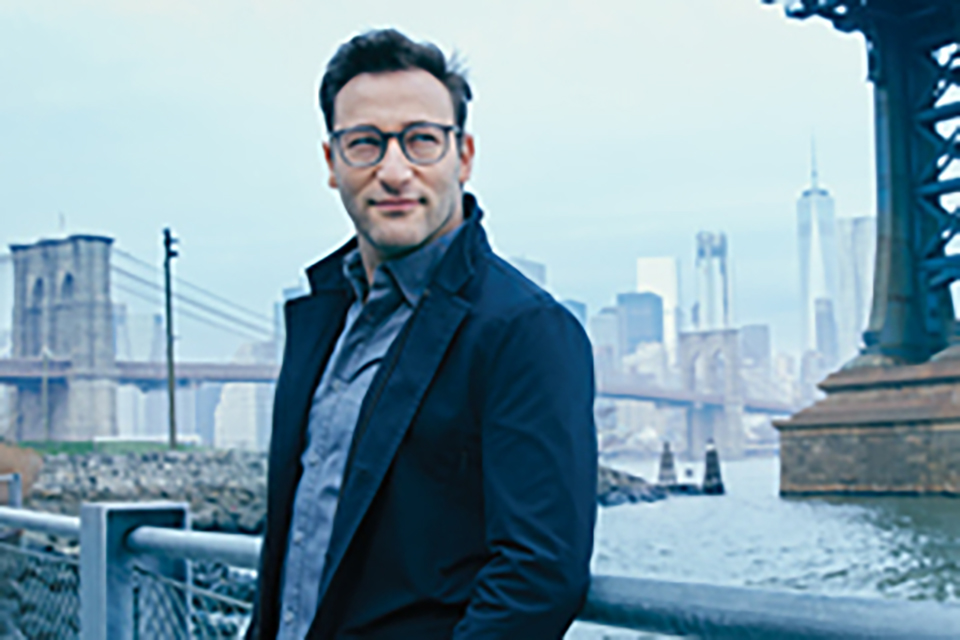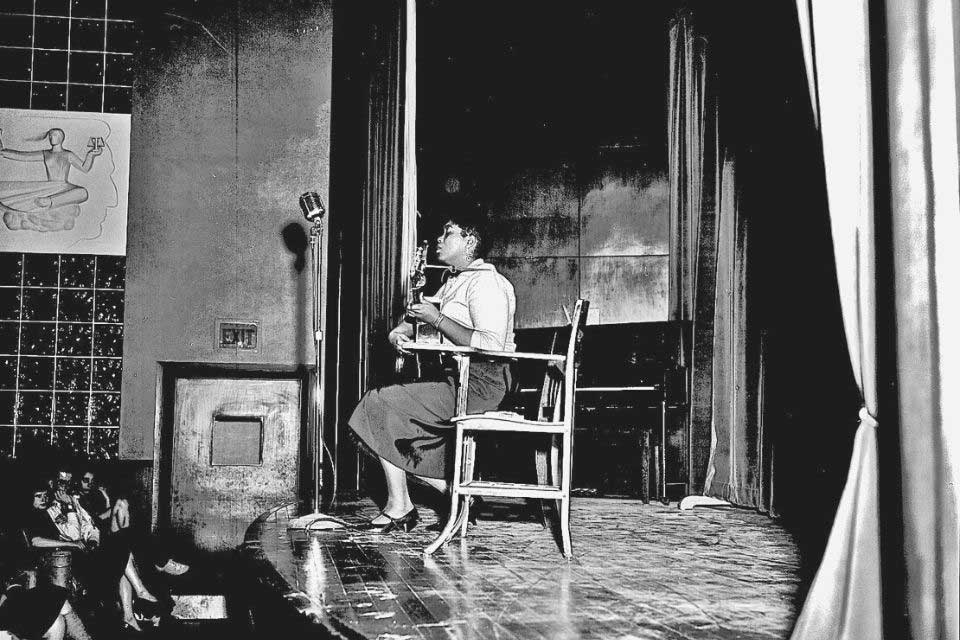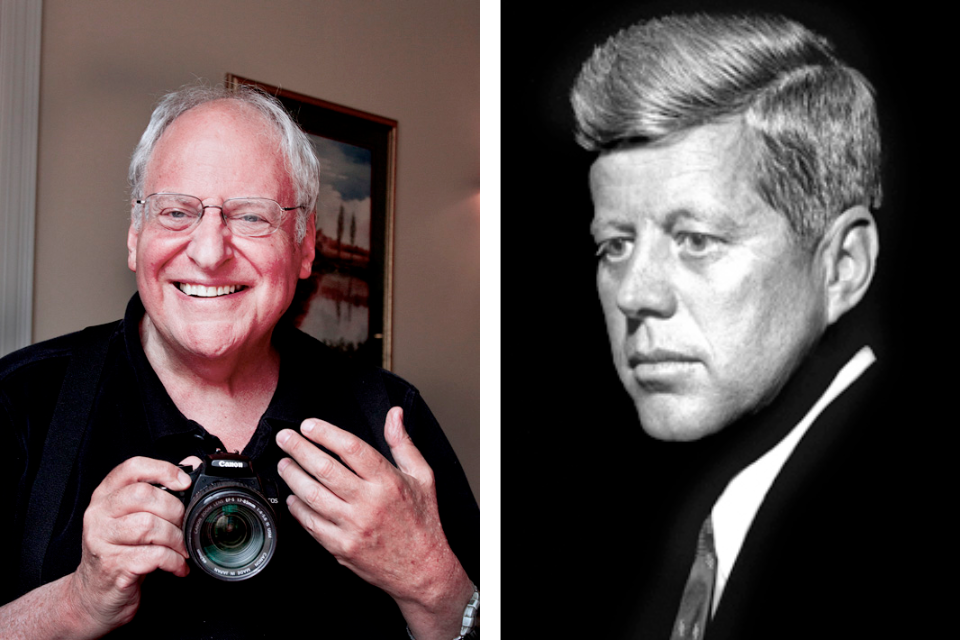Brandeis Alumni, Family and Friends
Five Big Takeaways From the Optimistic Worldview of Simon Sinek ’95
March 10, 2023
Simon Sinek '95 reflects on the power of positivity during a recent event for the Brandeis community.
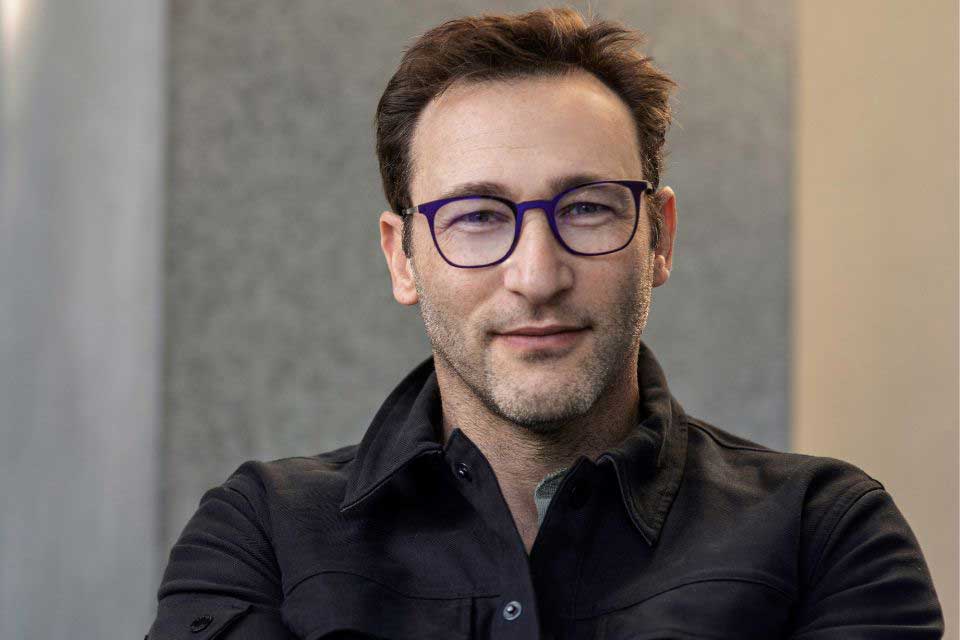
For Simon Sinek ’95, navigating difficult circumstances with optimism and empathy is not always easy. But it is necessary.
In the conversation, “Why the Best Companies Are Built Around Optimism,” Sinek extolled the powerful effects of positivity in the workplace in a wide-ranging conversation with International Business School Professor Philippe Wells. Here are the five main takeaways from their conversation.
Difficult conversations cause growth
Whether it be at the Thanksgiving table or the office, difficult conversations are inevitable, Sinek said. But it’s how one handles them that impacts success.
He said navigating those conversations respectfully is among the skills that create great entrepreneurs and business leaders, along with giving and receiving feedback, empathy, and active listening.
Convincing others to change their mind is not likely. But empathizing and seeking to understand builds more fruitful relationships, he said.
“You don’t have to agree with them,” Sinek said. “But you can understand them and learn to speak with them in their terms.”
Such skills have been on the downward slope in recent years with a younger generation increasingly trying to avoid uncomfortable situations, he said.
“If you want to build culture, you want to build trust, you need these skills,” Sinek said.
Teamwork is essential
A frequent topic for Sinek was the importance of collaboration and teamwork in success. Inherent to that is empathy and understanding.
“A team is not a group of people who work together: a team is a group of people who trust each other,” he said.
Vital to such an environment is not letting ego disrupt team goals and not worrying about who is doing more or less work. He recalled an example from when he taught: a team of average performers had always outperformed the top performers because they focused on the group grade rather than individual marks.
“They were devoted to their team rather than themselves,” Sinek said.
Optimism is not unquestioning positivity
Throughout the interview, Sinek highlighted the power of optimism to create results. In doing so, he also corrected misconceptions some have about optimism: namely that it means unquestioning or unwarranted positivity.
“Optimism is not blind, nor is it naive,” Sinek said.
For Sinek, optimism is “the undying belief that the future is bright.” It is not ignoring difficult circumstances, but acknowledging you will get through them.
Asked about collaborating with a person in the workplace who doesn’t believe in team goals, Sinek implored the audience not to let the attitudes of others affect their own.
“The goal is not to obsess about the one or two people who aren’t bought in,” Sinek said. “The goal is to obsess about the cause, the vision. To rally the people that do believe.”
College cultivates skills for life
As he spoke to students over Zoom, Sinek said his time as a cultural anthropology student at Brandeis taught him how to cope with uncomfortable situations.
His freshman year, he found himself in a situation faced by many college students: disagreeing with his roommate with respect to one another’s personal boundaries and belongings.
“I learned not to believe in revenge,” Sinek said. “It was a survival mechanism: otherwise I’m going to be screaming and yelling all the time.”
He also learned he could disagree with people who were more experienced or accomplished than he was. The key was being constructive. Brandeis’ small-class sizes were conducive to such an environment, he said, providing the “gift” of direct access to accomplished and brilliant professors.
“[College is] a halfway house to the real world,” Sinek said. “You are learning to transition to adulthood. You are learning to transition to independence. And most importantly, you are learning to think critically.”
Don’t let short-term actions impact long-term goals
Along with navigating the workplace equipped with life skills and a constructively positive attitude, Sinek also emphasized the role of vision-setting and long-term thinking. He said that the best entrepreneurs were, in some way, idealists: they usually have a vision of a world that does not yet exist.
One problem he had often heard from young entrepreneurs was pressure for returns from investors making short-term bets. Often, they had allowed investment from those offering the most money or others with the most brand recognition.
Satisfying long-term goals does require short-term decisions, but entrepreneurs must ensure that those decisions don’t deviate from their morals.
“Long-term vision means staying true to my values, staying true to the direction I’m going,” Sinek said.
About the Author
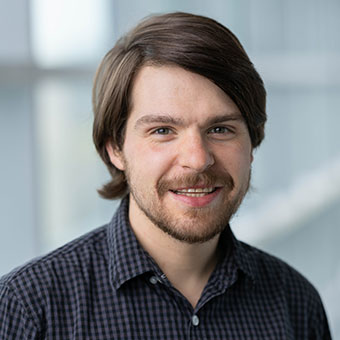
David Marino Jr. spent years reporting across Maine for The Bangor Daily News before returning to Brandeis University, his graduate school alma mater, to become the communications coordinator for the Institutional Advancement division.







